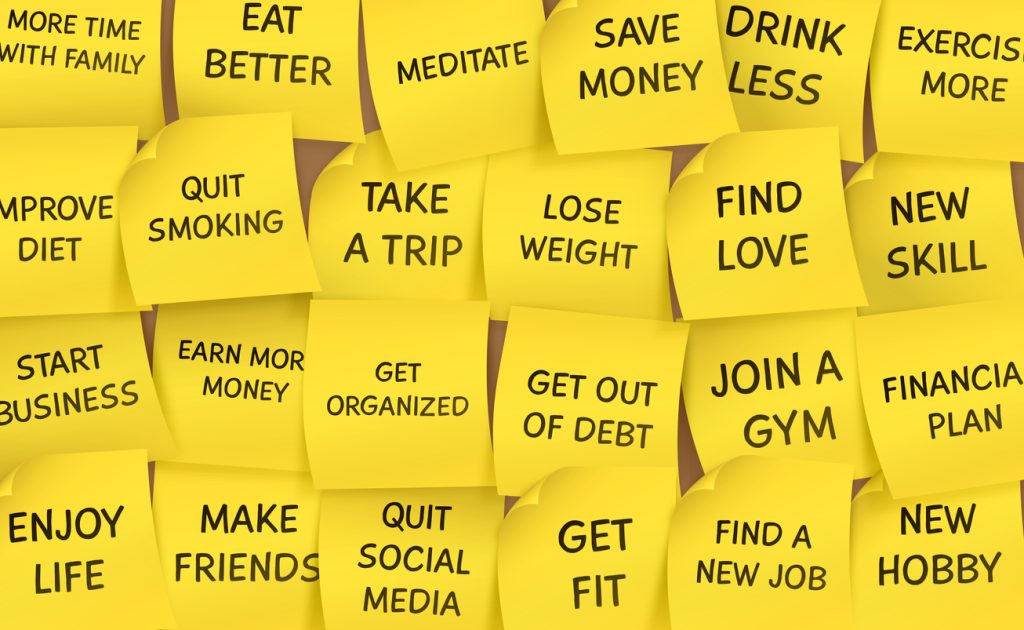One of the ways we can access some of the hidden strength within us is to look for the people, events, and opportunities about which we can feel grateful. But there’s another category of strength that we can often ignore: the things we’ve brought into being through our own decisions and actions.
All too often it’s tempting to be drawn toward memories and events that were painful or traumatic. We have a negative bias that’s about four times as strong as our positive experiences.
There’s a gravitational pull toward these negative experiences that had survival value for our species – remembering what happened to our friend when he tried to pet the saber-toothed tiger reminded us not to ever do that ourselves, no matter how cute the kitty might be.
If our ancestors didn’t have this negative bias in their very dangerous world, they wouldn’t have lived to become our ancestors.
But in today’s world – which, for all its very real troubles, is orders of magnitude less dangerous than it was for our ancestors, and whose innovations and opportunities are nothing less than miraculous by comparison – this pull to think of the negative is much less functional.
In fact, it’s a recipe for depression and anxiety, and keeps us blind to opportunities and relationships that could be truly expansive and wonderful.
We are forward thinking beings. We can envision possibilities, anticipate consequences, and choose actions that go against our natural habits or impulses in order to achieve our goals. While we don’t want to deny any painful truths about our own history or circumstances, it’s not useful to dwell on them. The major purpose of our memory of past experiences is to help us move more effectively into our future.
If we want to grow our own sense of resilience and possibilities, there are two things to look for and remind ourselves of about our past:
- Our blessings: The things and people and opportunities that have come to us
- Our triumphs: The things that we’ve made happen. The choices that took energy and courage, the actions that we decided were worth risking the unknown, denying short term gratification, using our willpower and vision to counter our impulses; the bonds that we’ve made and maintained; so that we could achieve an important goal, stay true to our deepest values, or honor our relationships and commitments
Gratitude is about what we’ve been given; the gifts that have come to us in this world.
Our triumphs are the things we’ve earned, the achievements we’ve worked to bring into being, the relationships we’ve built, and the good things we’ve made happen.


Recent Comments